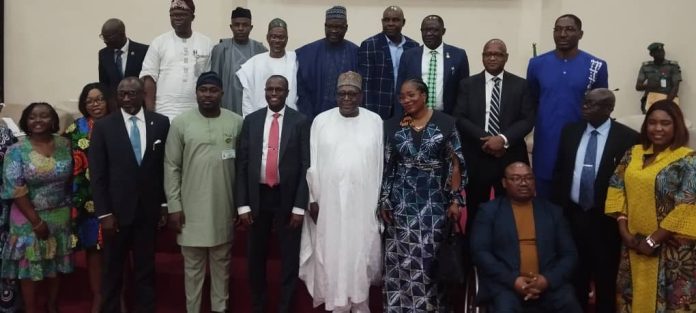Dr. Adedolapo Fasawe, Mandate Secretary of Health Services and Environment (FCTA), delivered a keynote speech at the Independent Corrupt Practices Commission (ICPC) One Day Conference on July 18, 2024, highlighting the critical state of Nigeria’s primary healthcare system amidst the economic downturn.
She emphasized the urgent need to tackle corruption to ensure effective delivery of primary healthcare services.
Dr. Fasawe noted that Nigeria’s primary healthcare system falls short of its goal due to pervasive corruption and inefficiencies, resulting in alarming health indices such as high maternal and under-5 mortality rates.
Despite significant funding, corruption continues to plague the system, obstructing access to key social services.
She called for a comprehensive approach to combat corruption, emphasizing strong governance, transparency, and accountability.
Dr. Fasawe lauded recent initiatives but stressed the need for more robust measures, including a cashless payment system and an Electronic Health Information System.
During the panel discussion, Dr. Baba Gana Adam, Permanent Secretary, Health Services and Environment (FCTA), highlighted the pressing issues undermining primary healthcare in the Federal Capital Territory (FCT).
He emphasized the urgent need for accountability and collaboration, citing significant gaps in coordination between the World Development Committees and Primary HealthCare Centers.
Dr. Adam recounted a recent visit to the Jahi 1 Primary Healthcare Center, where he found visible gaps in coordination and a disheartening incident where plans to construct a drug store and toilet were thwarted by the World Development Committee.
He also noted the absence of the clinic head during their inspection and contrasted this with a visit to the Gidan Mangoro comprehensive health center, which had excellent conditions and staff presence.
However, Dr. Adam pointed out critical issues with the disbursement of funds at the national level, inadequate infrastructure, and financial accountability.
He criticized the practice of withdrawing entire sums of allocated money in bulk for disbursement, which opens the door to misuse, and advocated for a more transparent system where vendors are paid directly from the account to prevent misuse.
Both Dr. Fasawe and Dr. Adam’s remarks underscore the critical need for improved accountability, transparency, and collaboration in Nigeria’s primary healthcare system.
Their calls to action resonate as powerful reminders that effective healthcare delivery hinges on the integrity and efficiency of every stakeholder involved.

